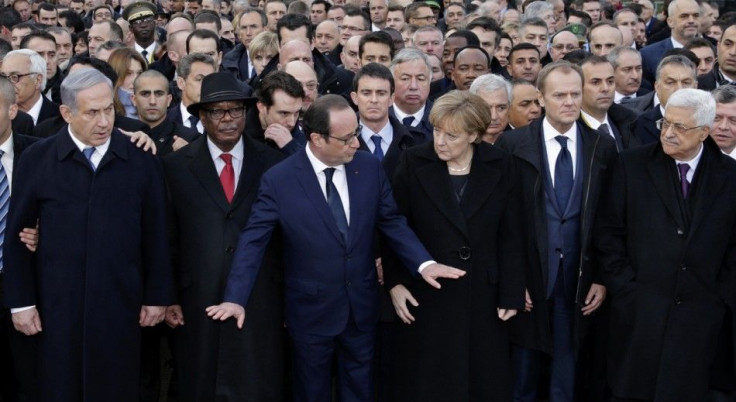New Zealand Seeks To Revive Stalled Peace Talks Between Israel and Palestine

New Zealand is seeking a draft resolution for Israel and Palestine to revive peace talks. The country believes it can contribute to the resolution based on its friendship with both Israel and Palestine.
Peace talks brokered mainly by the U.S. for 20 years have failed to produce a two-state solution. U.S. Secretary of State John Kerry’s latest effort to negotiate a peace deal in April 2014 was not enough. The gap between Israel and Palestine remained the same after nine months of negotiations, reports the Associated Press.
France has begun consultations for a draft resolution that would outline the parameters of a peace deal between Israel and Palestine. Jim McLay, New Zealand’s ambassador to the U.N., told the Security Council that it was time for it to make use of the council’s “moral and legal authority” to push for productive negotiations.
“New Zealand wants the Security Council to focus on a practical outcome — and we have been working on a text that might serve the purpose of getting negotiations started,” said McLay. The ambassador reiterated the need to push through with peace talks since he believes the timing is right after the elections in Israel and before the U.S. presidential campaign in 2016.
McLay said New Zealand remains open in supporting the French initiative if the resolution has the potential to succeed. The country’s effort to seek a resolution to the conflict indicated the growing impatience within the council over its failure to agree on a specific approach to reignited peace talks between Israel and Palestine.
In December, the Security Council had rejected a resolution that would have established a timetable of two years for Israel and Palestine to come to terms and pave the way for a Palestinian state, reports Al Arabiya. The U.S. had voted against the resolution but did not use its veto power after the measure failed to gain the required nine votes for adoption. Aside from the U.S., Australia also voted against the resolution.
New Zealand is currently serving a two-year term on the council and is ready to step after the French-led resolution does not play out. McLay admitted that it would be difficult to obtain nine votes with no veto power to favour a resolution in the Security Council.
To report problems or leave feedback on this article, contact: r.su@ibtimes.com.au





















